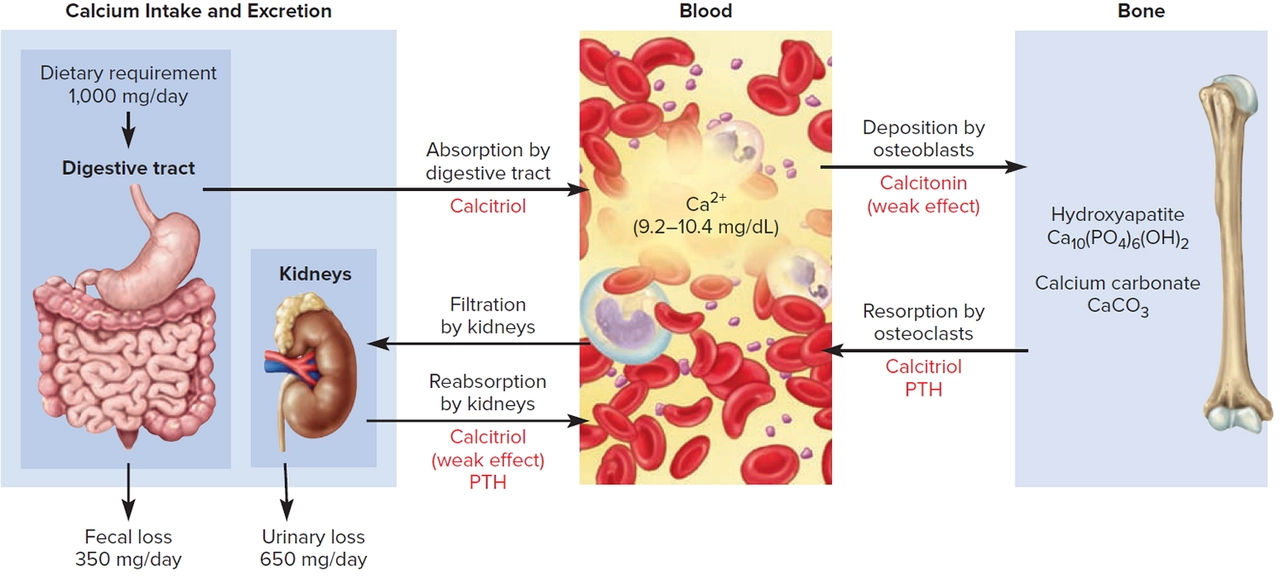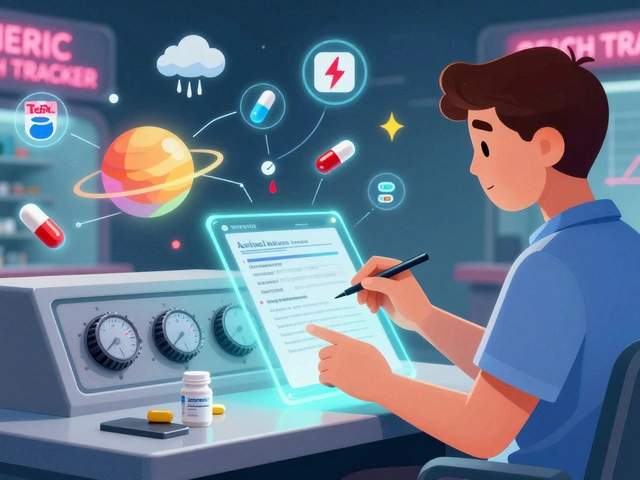Lansoprazole — what it is and when you might need it
Lansoprazole is a proton pump inhibitor (PPI). It lowers stomach acid and helps heal heartburn, GERD, stomach ulcers, and conditions where the stomach makes too much acid. You’ll hear it called a PPI alongside drugs like omeprazole and pantoprazole. It works best when used correctly, so a few practical tips will save you time and side effects.
How to use lansoprazole safely
Typical over-the-counter doses are 15 mg once daily for frequent heartburn. Prescription doses are usually 30–60 mg daily depending on the problem — for example, 30 mg for GERD or 30–60 mg plus antibiotics for H. pylori infections. Take lansoprazole before a meal, ideally 30–60 minutes before breakfast, so it can block acid pumps when they’re most active.
Don’t crush delayed-release capsules. If you have the orally disintegrating tablet or special formulation, follow the product directions. For short-term problems (a few weeks), stopping after symptoms improve is common. If you’ve been on a PPI for months, ask your doctor about tapering — sudden stop can cause rebound acid and worse heartburn.
Ask your prescriber before using lansoprazole if you’re pregnant, breastfeeding, or have liver disease. Children need dose adjustments — follow pediatric advice closely.
Side effects, interactions, and practical alternatives
Most side effects are mild: headache, nausea, diarrhea, or belly pain. Watch out for red flags: severe persistent diarrhea, unexplained muscle cramps, irregular heartbeat, or signs of low magnesium (tremor, seizures) — these need medical attention. Long-term PPI use can be linked with lower magnesium, vitamin B12 deficiency, and a small rise in bone fracture risk. Those risks don’t mean you must stop, but they do mean regular review with your doctor.
Lansoprazole interacts with drugs that need stomach acid to be absorbed (like itraconazole or atazanavir) and can alter drugs processed by the liver. It may reduce clopidogrel activation, though the effect varies. Always tell your provider about all your medicines, including supplements.
Alternatives: other PPIs (omeprazole, esomeprazole, pantoprazole) do the same job and might be preferred for specific interactions. H2 blockers (famotidine) and simple antacids work for milder heartburn. Lifestyle changes also help: lose excess weight, avoid late meals, cut smoking, and limit alcohol and trigger foods (spicy, fatty, citrus, caffeine).
Buying tips: only use licensed pharmacies. If an online pharmacy sells prescription-strength lansoprazole without a prescription or at unrealistic prices, don’t buy. A real pharmacy will ask for a prescription and have clear contact details.
Questions for your doctor: Do I need testing for H. pylori? How long should I take this PPI? Can we try stepping down the dose later? These simple questions help you get the right balance between benefit and risk.
 12 May 2023
12 May 2023
Lansoprazole and its impact on vitamin and mineral absorption
As a blogger, I recently came across some interesting information about Lansoprazole and its impact on vitamin and mineral absorption. Lansoprazole, a widely used proton pump inhibitor, can actually interfere with the absorption of essential nutrients like vitamin B12, calcium, magnesium, and iron. This occurs because the drug reduces stomach acid, which is needed for proper nutrient absorption. In the long run, this may lead to deficiencies and related health problems if not addressed properly. It's crucial for those taking Lansoprazole to monitor their nutrient levels and consult with a healthcare professional to ensure optimal health.
Latest Posts
-

Annual Medication Review with a Pharmacist: How to Reduce Side Effects and Stay Safe
-

CYP450 Enzyme Interactions: How Medications Compete for Metabolism
-

Keeping a Medication Journal: Tracking Your Response to Generic Medications
-

Zoloft: The Real-World Guide to Benefits, Side Effects, and Success
-

The Role of Intravenous (IV) Therapy in Leukemia Treatment

9